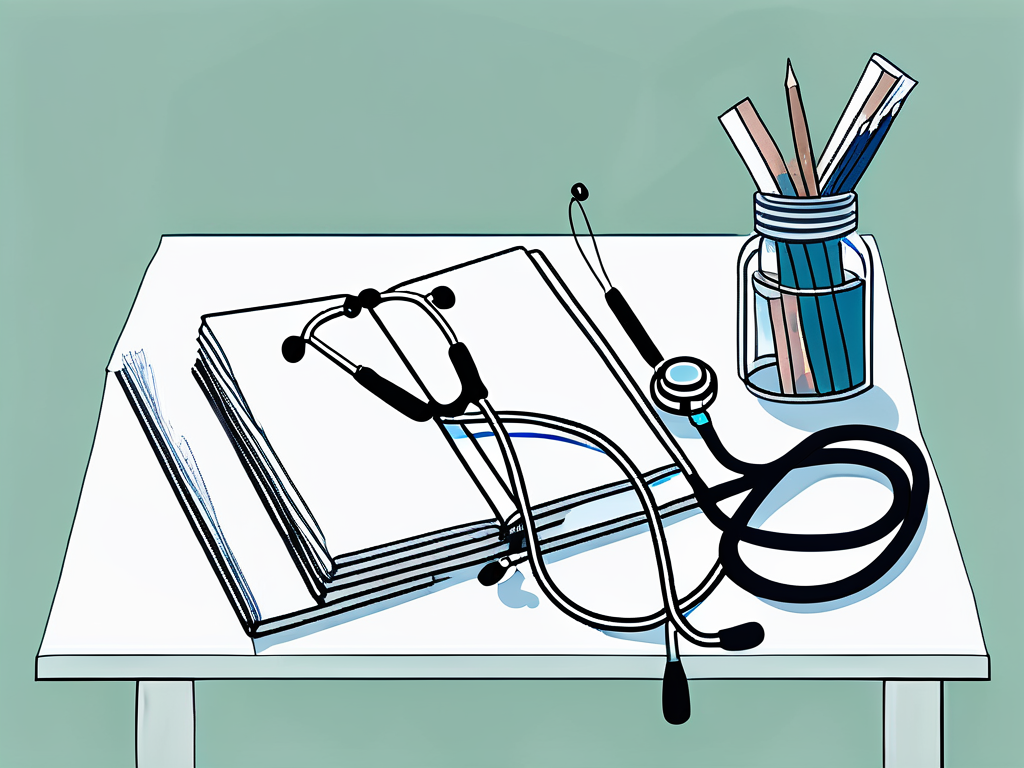Pediatric eating disorders are serious health conditions that can have long-term physical and emotional consequences if left untreated. Early detection and intervention are crucial for successful treatment and promoting healthy development. Understanding the symptoms and available treatment options can help parents and caregivers provide the best support for their child’s recovery. Below is a quick overview of treatment options commonly used in pediatric eating disorder care.
Quick Overview of Treatment Options for Pediatric Eating Disorders:
- Medical Treatment: Regular monitoring of physical health, weight, and vital signs, with hospitalization in severe cases.
- Nutritional Therapy: Guidance from a dietitian to establish healthy eating habits, meal planning, and weight restoration.
- Family-Based Therapy (FBT): Involves the entire family in the treatment process to support recovery and normalize eating patterns.
- Cognitive-Behavioral Therapy (CBT): Addresses distorted thoughts and behaviors related to food and body image.
- Medication: This may be used to manage co-occurring conditions like anxiety or depression.
- Support and Education for Parents and Caregivers: Training and resources to help families understand and support their child’s recovery.
Understanding Pediatric Eating Disorders
Eating disorders in children and adolescents are not merely a phase or a lifestyle choice. They are serious mental health conditions that require immediate attention and treatment. The most common types of eating disorders in this age group include Anorexia Nervosa, Bulimia Nervosa, and Binge Eating Disorder.
Anorexia Nervosa is characterized by an intense fear of gaining weight, leading to self-starvation and extreme thinness. Bulimia Nervosa involves periods of excessive eating followed by compensatory behaviors such as self-induced vomiting, fasting, or excessive exercise. Binge Eating Disorder, on the other hand, involves recurrent episodes of excessive eating without the compensatory behaviors associated with Bulimia Nervosa.
Recognizing the Symptoms
Recognizing the symptoms of an eating disorder in a child or adolescent can be challenging. Often, these signs can be mistaken for typical adolescent behavior or growth spurts. However, some key indicators can signal an underlying eating disorder. These include sudden changes in weight, preoccupation with body size and shape, avoidance of meals, frequent dieting, and evidence of binge eating or purging.
It’s also important to note that eating disorders can have psychological symptoms. These may include an intense fear of gaining weight, dissatisfaction with body image, feelings of guilt or shame around eating, and a distorted perception of body size or shape.
Treatment Options for Pediatric Eating Disorders
Treating pediatric eating disorders requires a comprehensive approach that addresses both the physical and psychological aspects of the condition. The goal of treatment is to restore the child to a healthy weight, treat any medical complications, and address the underlying psychological issues. The treatment plan is usually tailored to the individual’s needs and may involve a combination of medical, nutritional, and psychological therapies.
It’s important to involve the family in the treatment process. Family-based therapy (FBT) is considered the first line of treatment for children and adolescents with eating disorders. This approach involves the entire family in the recovery process. It aims to normalize eating patterns, promote healthy weight gain, and address dysfunctional family dynamics that may contribute to the disorder.
Medical Treatment
Medical treatment for pediatric eating disorders primarily focuses on addressing the physical health complications associated with these conditions. This may involve regular monitoring of the child’s weight, vital signs, and overall health. In severe cases, hospitalization may be required to stabilize the child’s health.
Medication may also be used as part of the treatment plan. While there are no specific drugs approved for the treatment of pediatric eating disorders, certain medications, such as antidepressants, may be used to manage co-occurring mental health conditions like anxiety or depression.
Nutritional Therapy
Nutritional therapy plays a critical role in the treatment of pediatric eating disorders. A registered dietitian can provide guidance on healthy eating habits, meal planning, and weight restoration. Nutritional therapy aims to normalize eating patterns and promote a healthy relationship with food.
Psychological Therapy
Psychological therapy is a crucial component of the treatment plan for pediatric eating disorders. Cognitive-behavioral therapy (CBT) is often used to address the distorted thoughts and behaviors associated with these conditions. This form of therapy helps the child understand the relationship between their thoughts, feelings, and behaviors and teaches them strategies to manage their symptoms.
Other forms of therapy, such as dialectical behavior therapy (DBT) and acceptance and commitment therapy (ACT), may also be beneficial. These therapies can help the child develop effective coping strategies, improve emotional regulation, and enhance overall quality of life.
The Role of Parents and Caregivers
Parents and caregivers play a vital role in the detection, treatment, and recovery process of a child with an eating disorder. Awareness of these conditions’ signs and symptoms can lead to early detection and intervention, significantly improving the child’s prognosis.
Parents and caregivers can also provide essential support during the treatment process. This can involve participating in family-based therapy, facilitating regular meals, and providing a supportive and understanding environment. It’s also important for parents to educate themselves about eating disorders to better understand and support their child’s recovery.
Conclusion
Pediatric eating disorders are serious conditions that require immediate attention and treatment. Understanding the signs and symptoms of these disorders and the various treatment options available can help ensure that your child receives the care they need. Remember, early detection and intervention are key to a successful recovery.

While the journey to recovery can be challenging, with the right treatment and support, children and adolescents with eating disorders can regain their health and live fulfilling lives. If you suspect your child may have an eating disorder, don’t hesitate to seek professional help.
If you’re ready to take the first step toward your child’s recovery from an eating disorder, ViaMar Health is here to support you on this journey. Our compassionate team of professionals is dedicated to providing individualized and integrative treatment tailored to your child’s unique needs, including co-occurring mental health conditions. With programs ranging from residential to intensive outpatient care, we’re committed to guiding your family through every stage of recovery. Speak with an Admission Specialist today to start the health and healing journey.




